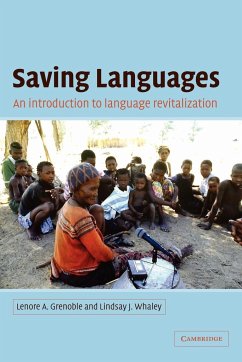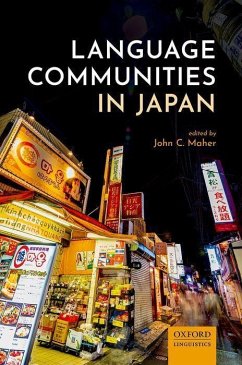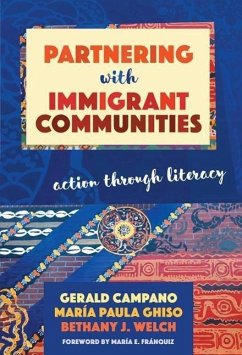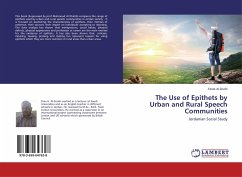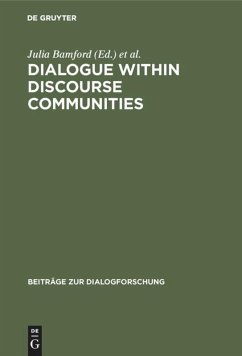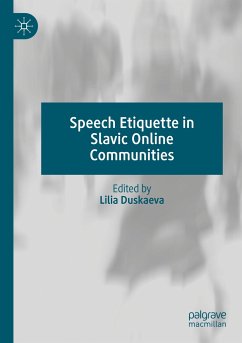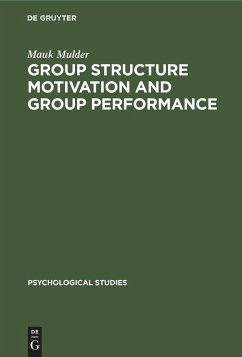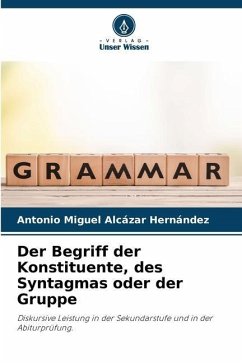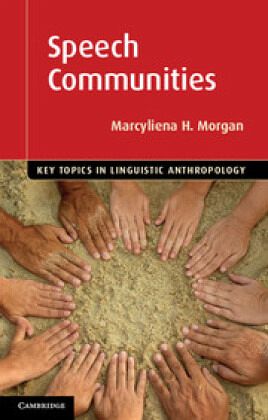
Speech Communities
Versandkostenfrei!
Versandfertig in über 4 Wochen
38,99 €
inkl. MwSt.
Weitere Ausgaben:

PAYBACK Punkte
19 °P sammeln!
What makes a speech community? How do they evolve? How are speech communities identified? Speech communities are central to our understanding of how language and interactions occur in societies around the world and in this book readers will find an overview of the main concepts and critical arguments surrounding how language and communication styles distinguish and identify groups. Speech communities are not organized around linguistic facts but around people who want to share their opinions and identities; the language we use constructs, represents and embodies meaningful participation in soc...
What makes a speech community? How do they evolve? How are speech communities identified? Speech communities are central to our understanding of how language and interactions occur in societies around the world and in this book readers will find an overview of the main concepts and critical arguments surrounding how language and communication styles distinguish and identify groups. Speech communities are not organized around linguistic facts but around people who want to share their opinions and identities; the language we use constructs, represents and embodies meaningful participation in society. This book focuses on a range of speech communities, including those that have developed from an increasing technological world where migration and global interactions are common. Essential reading for graduate students and researchers in linguistic anthropology, sociolinguistics and applied linguistics.





